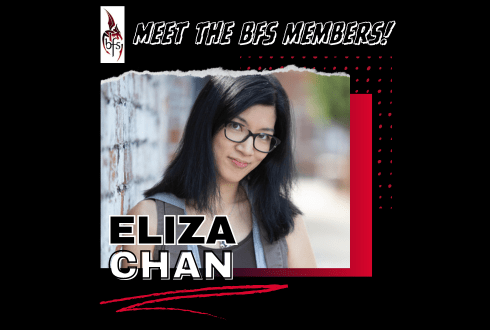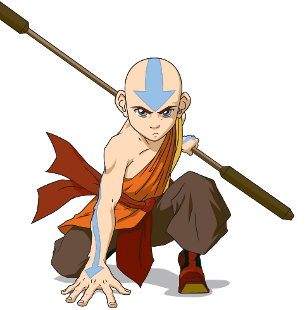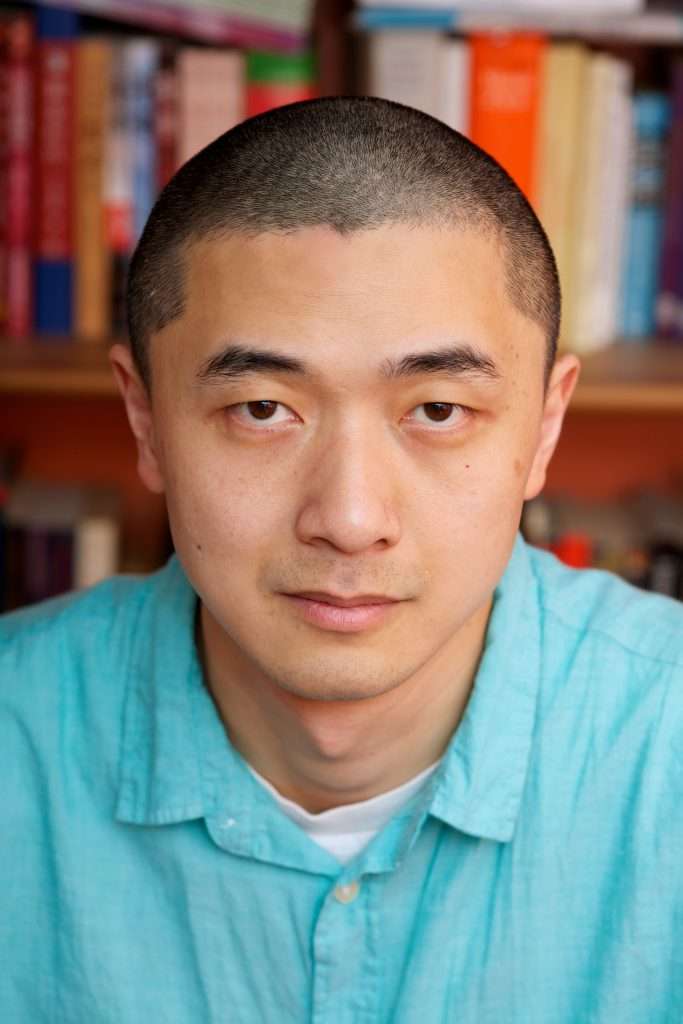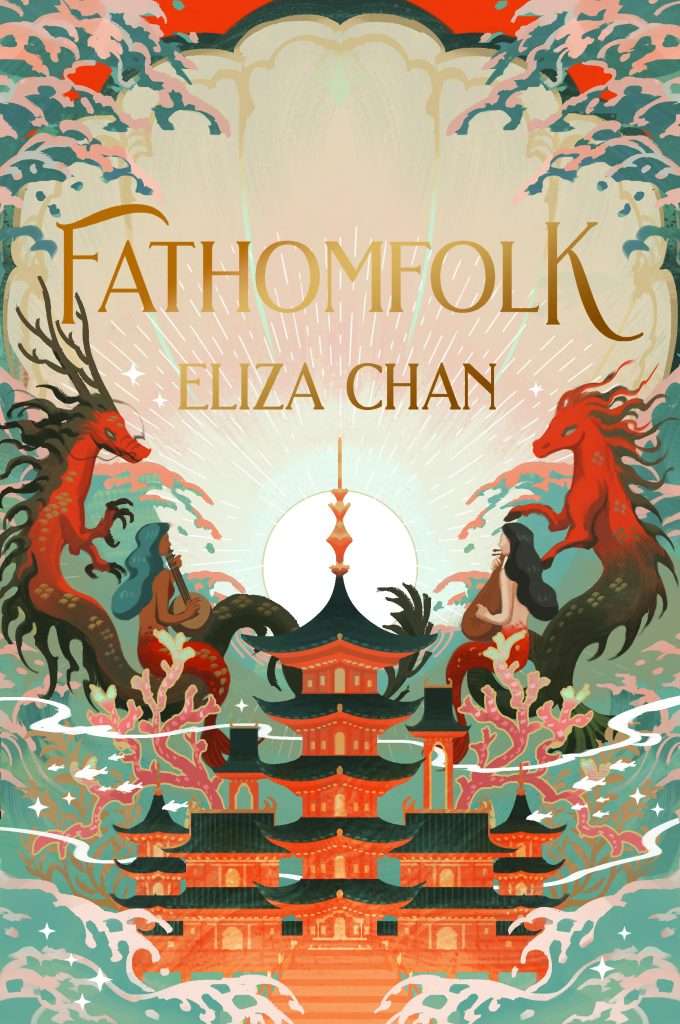We’ve had some issues with emails going to hotmail, outlook and related addresses. If you’ve recently made a purchase using one of these and not received a confirmation email, please get in contact with us – use an alterative email address for contact or purchase if you can.

For all things fantasy, horror, and speculative fiction
Announcement:

Meet Eliza Chan
Every Friday, we meet a member of the BFS and peer deep into their soul (or, at least, a form they filled out). Want to be featured? Email us: online@britishfantasysociety.org

Name, including preferred pronouns:
Eliza Chan(she/her)
Which region are you based in?
Manchester, North-West England, but originally from near Glasgow in Scotland.
If you write, which genre:
I mostly write fantasy because I grew up wanting a dragon and to have magical powers, but I’ve also occasionally fallen sideways into writing horror by accident via my love of the original fairytales, which, let’s be honest, are horrific in places. I suspect I will dabble in science fantasy in my future but I’m too scared someone will question the science to write a proper big space opera science fiction novel.
If you don’t write, what do you do?
There’s always reading of course! I also love all things arts and crafts including sewing, knitting and paper crafts but in a Blue Peter way of not having the proper tools or training. I dabble in tabletop gaming, RPGs, cosplaying, watching anime and films, and eating all the foods.
Are you drawn to any specific SFFH sub-genres?
- Mythology and folklore retellings
- Contemporary fantasy
- Asian fantasy
Your influences
Tell us about the book/film/thing that got you into SFFH: What was it? How old were you? What impact did it have on you?
I don’t remember a time before I loved fantasy! Probably since I could read. There were ornaments of Asian dragons, liondog guardians and gods around my family home and I used to make up stories about them in my head because I couldn’t read in Chinese. Growing up I devoured books by Alan Garner, Susan Cooper and Tamora Pierce. I loved portal fantasies and hoping I was the secret undiscovered chosen one. Didn’t we all?
I was also (and am still) cartoon obsessed. Anything from Studio Ghibli to The Pirates of Dark Waters. It has made me a life-long fan of anime and animation generally and I consider shows like Avatar: the Last Airbender, Fullmetal Alchemist: Brotherhood and Arcane as inspiration now.

How does that early influence show up in your work now?
I was incredibly fortunate that growing up no-one told me what I should or could read. No-one curated my reading, I simply picked up things with interesting covers in the library that drew me. It was only in my late teens when classmates started telling me I had to read “the greats”. In a way, I’ve never had any doubts about writing about young feisty women off exploring the world because of those role model books and shows I watched and I am forever grateful for that. The portal fantasies of my childhood also drew me into the parallels between the real and fantasy world and I suspect that’s why I prefer to write on the more contemporary rather than epic fantasy end of the scale. Animation is great for worldbuilding that can be as out there as your imagination without the same budget concerns of live action films and TV. I tried to channel that in my novel by mashing up completely unexpected things (semi-submerged city, East and Southeast Asian vibes and sea folk) but doing my best to make it feel like a vibrant, lived-in world.
Where do you draw your creative inspiration from?
Mythology and folklore are my big draws. It helps me to have a scaffold to build a story from, or alternatively, to go against the grain of expectations in something seemingly familiar.

Who do you look to as a genre hero? Why?
I have so much time and respect for everything Ken Liu says and does. I came across his work with the short story “The Paper Menagerie”, but “The Man Who Ended History: a documentary” broke me. His work constantly asks questions and never tries to provide a trite answer. On top of this, he is such an advocate for Chinese fiction and translation which is such an under-appreciated skill.
Photo of Ken Lieu, left, © Lisa Tang Liu
Your work
You’re stuck in an elevator for 60 seconds with that hero, and they want you to describe your work. Give us the pitch.
Fathomfolk, my debut novel out from Orbit UK on 29 Feb 2024 is: what if the little mermaid was an angry immigrant in a semi-flooded East and Southeast Asian inspired city, and it was never for the love of a man—it was for the love of her home.
What are you working on right now?
I am editing the sequel to Fathomfolk, book 2 in the Drowned World duology. I’m also tinkering with another novel which is best described as Buffy the Vampire Slayer in Opium War era Hong Kong.
Thinking about all the stories/work you’ve done, what sticks out most in your mind? Why?
My British Fantasy Award nominated short story, “The Tails that Make You”, is a story I continue to be immensely proud of. It was my response to #metoo and the Sarah Everard murder, to Asian fetish and the trope of the seductress nine-tailed fox. It was a difficult story for me to write, but for me it was a necessity. It epitomises my love of mythology, the angry women I will never stop writing about, and pushing myself beyond my comfort zone.
Where and when do you create/are you at your most creative?
I am a morning person, so after I drop my son off at nursery, I fire up my laptop and try to write. As soon as I stop for lunch, my brain switches off for the rest of the day so I tend to do my admin in the afternoons. I switch it up between writing at home, in the library and a coffee shop. The variety really works for me.
(Pictured right: Eliza’s desk set-up)
What’s the best advice you’ve received about creativity?
There is no one rule that fits all. You might work better in the mornings, in the evenings, writing every day, only writing at the weekends. We are all different people and you should try things out and keep what works, disregarding advice that hinders. The only rule is to keep writing, no matter the pace. You’ll get there in the end.

What’s your writing soundtrack?
I can’t listen to music with lyrics when I’m writing; I’ll start writing said lyrics down in my story! My go-to is a Joe Hisaishi Studio Ghibli playlist or complete silence.

The quickfire round
Sci-fi, fantasy or horror?
Fantasy
Quiet or loud?
Loud
Dark or light?
Dark
Strict lines or genre blend?
Genre blend
Awards or bestseller?
Why not both? Ok, fine, bestseller please!
Fiction or non-fiction?
Fiction
Poetry or prose?
Prose
Plotter or pantser?
Plotter
Reading or listening?
Reading
Notebook or computer?
Computer

Favourite SFFH book of all time?
Gah, what a question. The Fifth Season by N.K. Jemisin (pictured right)
Last book you read?
Long Live Evil by Sarah Rees Brennan (out in July 2024)
Any SFFH author on auto-buy?
Fonda Lee, Zen Cho and Becky Chambers.
Favourite podcast?
Breaking the Glass Slipper and Publishing Rodeo
The home stretch
What’s the best thing about being a SFFH writer/agent/publisher/reader/fan?
Free books! Kidding…well only a tiny bit. Fulfilling my childhood dream of having a novel published and going into my local bookshop to see it on the shelf. I am still in disbelief and think they might have made a big mistake but shhh, don’t tell them.
Time to plug your stuff! Where can we find you and your work? What have you got coming up? Consider this your advertising space.
My debut adult fantasy novel Fathomfolk is coming out this week with Orbit. It’s book one of a duology. If you like contemporary fantasy dealing with real life problems like discrimination, diaspora identity and the cost of change, this is for you. If you like mermaids, water dragons and kelpies, vibrant multicultural cities and depictions of tasty food, this is for you also.
I’ve got events to celebrate the book launch in February/March in Manchester, London, Glasgow and York in conjunction with a stellar line up of other SFF authors. Find out more details on Instagram and Twitter @elizachanwrites over on my website www.elizachan.co.uk
